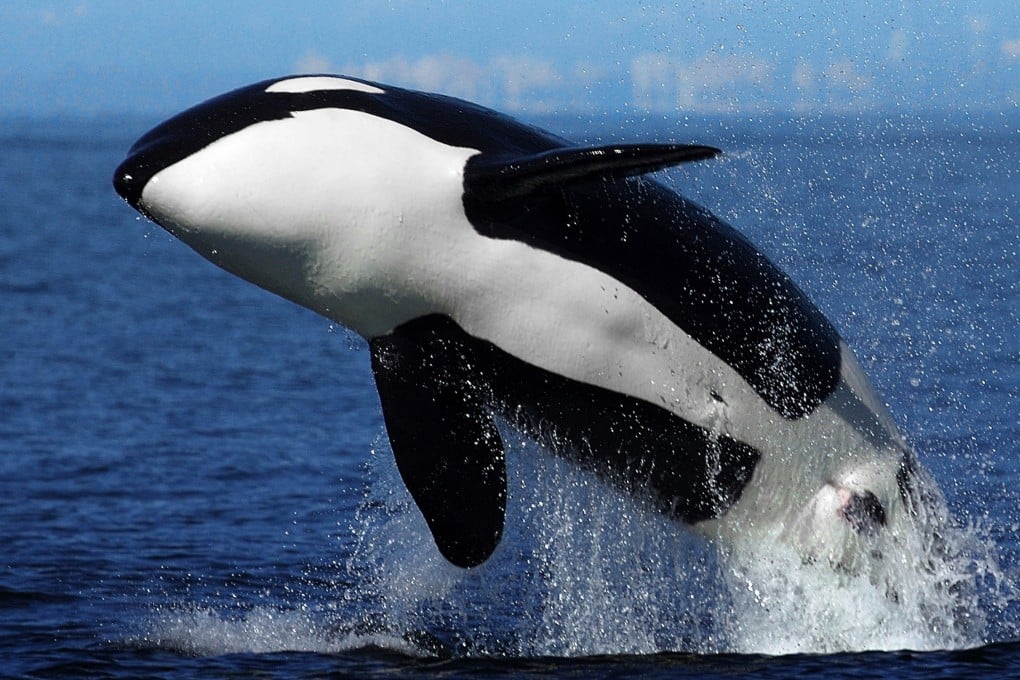In a first, detailed video captures orcas hunting great white sharks in South Africa
- Scientists have published new findings confirming that orcas hunt great white sharks
- Pod of orcas captured on camera killing one of the world’s largest sea predators

Great white sharks have been mysteriously disappearing from the coast of South Africa, and scientists may now know why.
A new paper published this week in The Ecological Society of America’s journal Ecology shows the first confirmed observation of a group of orcas, also known as killer whales, hunting a great white shark.
The killing was captured on video in May at Hartenbos Beach, South Africa, a statement from the Ecological Society of America said.
“This behaviour has never been witnessed in detail before, and certainly never from the air,” said lead author Alison Towner, a senior shark scientist at Marine Dynamics Academy in Gansbaai, South Africa.
This newly observed behaviour could significantly impact the ecosystem and local tourism.
Authors of the paper believe the footage suggests this behaviour of killing great white sharks is spreading among orcas, highly intelligent and social marine mammals that hunt in groups.
Previous studies found orcas spread new behaviours over time through cultural transmission.